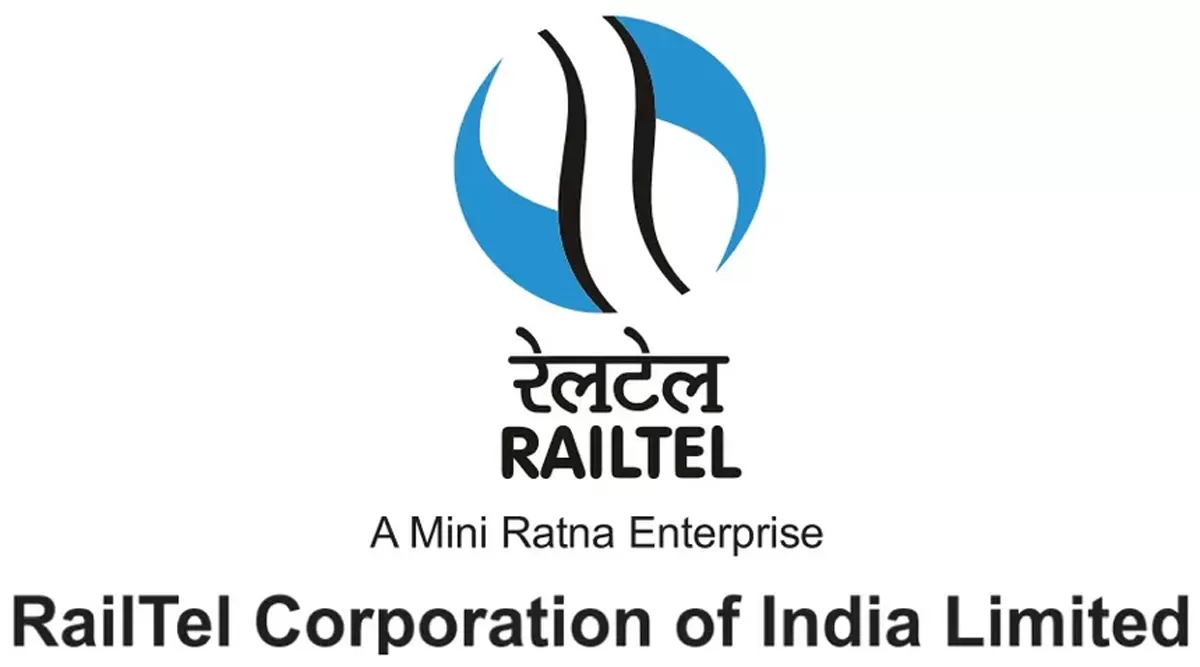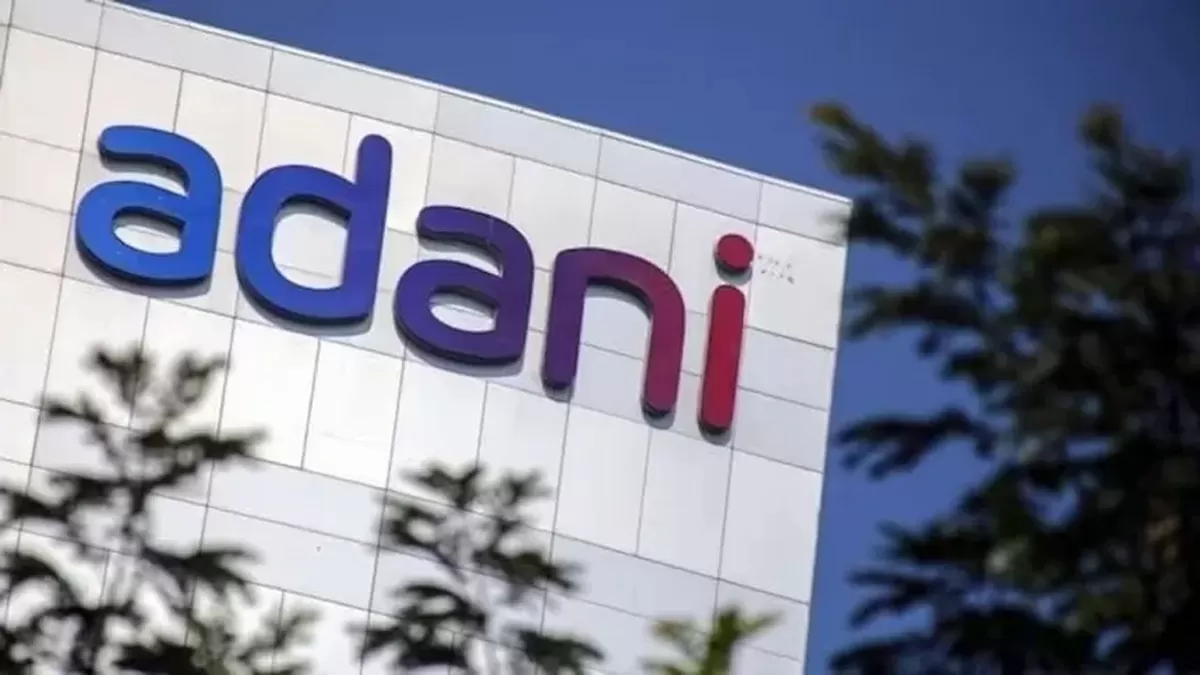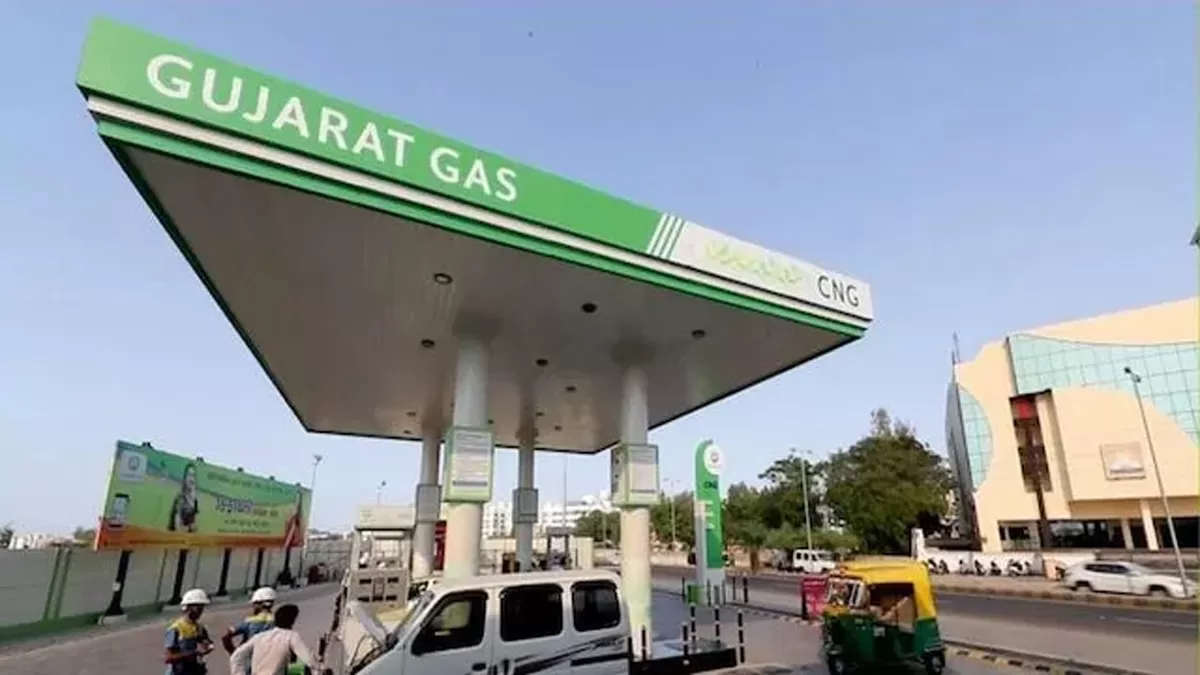CREDAI seeks government intervention for implementation of RERA tribunal in all states

Transrail PAT Doubles to Rs 1.06 Billion in Q1 FY26
Transrail Lighting Limited, a leading Indian EPC firm specialising in power transmission and distribution (T&D), reported robust financial performance for the quarter ended 30 June 2025 (Q1 FY26).The company recorded a consolidated operational revenue of Rs 16.6 billion, marking an 81 per cent year-on-year increase. EBITDA rose 66 per cent to Rs 2 billion, while Profit After Tax (PAT) more than doubled to Rs 1.06 billion, representing a 105 per cent growth from Q1 FY25. PAT margin improved to 6.33 per cent, up 46 basis points from the previous year.Key Operational Highlights:Strong executi..

Allied Digital PAT Grows 40 per cent YoY to Rs 140 Million in Q1 FY26
Allied Digital Services Limited (ADSL), a leading global provider of IT services and solutions, reported strong financial performance for the first quarter ended 30 June 2025.For Q1 FY26, consolidated revenue rose by 22 per cent year-on-year to Rs 2.19 billion, while EBITDA increased 16 per cent to Rs 220 million. Profit After Tax (PAT) grew 40 per cent YoY to Rs 140 million, reflecting robust operational execution.Revenue Breakdown:India revenue surged 31 per cent YoY to Rs 800 million, underlining its role as the company’s primary growth driver.Revenue from Rest of World (RoW) grew 18 per ..

Gujarat Gas PAT Rises 14 per cent QoQ to Rs 3.27 Billion
Gujarat Gas Limited has announced its financial and operational performance for the quarter ended 30 June 2025 (Q1 FY26), reporting record CNG volumes and quarter-on-quarter growth in both EBITDA and net profit.Financial Performance – Q1 FY26Revenue from operations stood at Rs 11.07 billion, down from Rs 11.62 billion in Q1 FY25.EBITDA rose to Rs 5.79 billion, compared to Rs 5.74 billion in the same quarter last year and up 11 per cent from Q4 FY25.Profit After Tax (PAT) was Rs 3.27 billion, showing a 14 per cent increase from Rs 2.87 billion in Q4 FY25, though marginally lower than Rs 3.30 ..



















